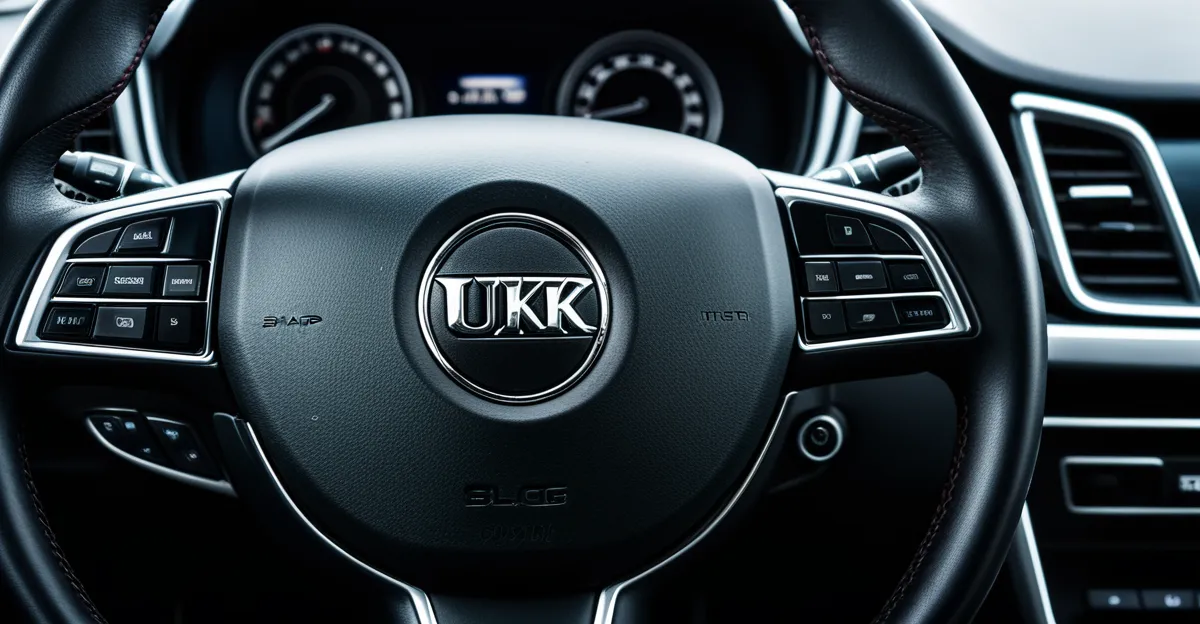Emerging Powertrains Beyond Electric Vehicles
The UK automotive market is witnessing unexpected car trends that challenge the exclusive dominance of electric vehicles (EVs). Among these, hydrogen vehicles have gained notable traction. With zero tailpipe emissions and fast refuelling times, hydrogen cars appeal as a viable alternative fuel option, especially for longer-range journeys where battery-electric vehicles face limitations. Several manufacturers are investing in hydrogen technology, buoyed by government pilot programmes that aim to expand refuelling infrastructure and subsidies for development.
Hybrid technology remains a strong contender in the transition phase toward full electrification. Advances in hybrid powertrains have enabled smoother integration into mainstream lineups, offering drivers improved fuel efficiency without the range anxiety of pure EVs. Plug-in hybrids, in particular, blend electric-only driving capabilities with combustion engines, providing versatility that appeals to a broad segment of UK consumers exploring alternative fuels.
Have you seen this : Will Electric Cars Transform the Future of the UK Automotive Industry?
This blend of hydrogen vehicles, advanced hybrids, and alternative fuel models reflects a diversified approach to decarbonising transport, highlighting the UK’s commitment to innovation beyond solely electric options. Government efforts to pilot new hydrogen stations and support hybrid rollouts act as catalysts, while manufacturers increasingly allocate R&D resources toward these powertrains. Such trends underscore a practical, multi-pronged strategy in shaping the future of UK motoring.
Supply Chain Adaptation and Resilience
The UK automotive supply chain trends are evolving rapidly due to multiple pressures, with Brexit playing a pivotal role. Since Brexit, there has been a marked acceleration in the reshoring and regionalisation of parts production. UK manufacturers are increasingly localising their supply chains to reduce reliance on complex global logistics and to mitigate customs delays. This localisation strategy enhances supply chain resilience, allowing quicker response to market fluctuations and maintaining steady production flow.
Have you seen this : What Are the Future Challenges for Electric Cars in the UK Automotive Market?
One significant challenge addressed through these shifts is the persistent global semiconductor shortage. In response, manufacturers have fostered new supplier partnerships and pursued vertical integration to control key components in-house or through nearer suppliers. This approach reduces dependency on external chip supplies and buffers the manufacturing process against further disruptions.
Data on UK manufacturing investment supports this trend; capital expenditures have shifted toward domestic capabilities and innovation focused in supply hubs. Employment within UK automotive parts production is recovering as onshore facilities expand, reflecting confidence in the region’s long-term viability. Such strategic adjustments prove crucial in sustaining production volumes amid ongoing global uncertainty.
In summary, manufacturing strategies now prioritise agility and resilience by combining reshoring with deeper supplier relationships, positioning the UK automotive industry to better withstand future shocks. These Brexit impact-driven changes underscore the sector’s commitment to adapt and thrive in a complex environment.
Digital Transformation of Car Retailing
The digital car sales UK landscape is rapidly evolving, driven by consumer demand for convenience and seamless experiences. Traditional dealership models are transforming into online automotive marketplaces, where buyers can complete most of the purchasing process remotely. This shift is propelled by end-to-end platforms offering everything from browsing inventories to financing approvals and home delivery arrangements.
With rising expectations, retailers increasingly adopt dealership technology such as virtual showrooms and augmented reality tools, allowing customers to explore vehicle features without physically visiting a showroom. These technologies enhance engagement, provide personalised recommendations, and accelerate decision-making. The growing preference for digital channels also reflects a hybrid purchase approach where initial research is online, complemented by selective in-person interactions for final validation.
Manufacturer-to-customer e-commerce models are expanding, enabling direct sales bypassing traditional dealership networks. This approach offers benefits such as transparent pricing, streamlined ordering, and customised configurations. In response, many manufacturers are developing proprietary sales portals to maintain control over the customer experience and data. The digital transformation of car retailing not only changes how vehicles are sold but also reshapes marketing strategies, customer support, and aftersales services to meet modern consumers’ needs efficiently and effectively.
Sustainability and Green Manufacturing Initiatives
Sustainable automotive practices UK are becoming a central focus as manufacturers respond to tightening environmental regulations and growing consumer demand for eco-conscious products. A key element is the adoption of zero-emissions factories, where production processes drastically reduce or eliminate carbon output through renewable energy integration and innovative manufacturing techniques. These plants prioritize energy efficiency and minimise waste, supporting broader decarbonisation goals within the automotive sector.
The use of eco-friendly materials is also accelerating. Manufacturers increasingly incorporate recycled metals, bio-based plastics, and sustainable textiles to lower the environmental footprint of vehicles. Closed-loop recycling systems enable materials to be reused within production cycles, reducing raw material extraction and waste generation. This circular economy approach aligns with UK sustainability commitments and helps meet industry targets.
Real-world innovations highlight the sector’s progress. Leading British manufacturers pilot green practices that combine renewable power, efficient logistics, and waste reduction. These initiatives not only reduce emissions but also create economic opportunities in clean tech and sustainable supply chains. The ongoing commitment to sustainable automotive practices ensures that the UK remains competitive while advancing environmental stewardship.
Regulatory Shifts Reshaping the Market
The UK car regulations 2024 introduce significant changes that are reshaping the automotive landscape, particularly through the accelerated implementation of the zero-emission vehicle (ZEV) mandate. This policy requires manufacturers to increase the proportion of ZEVs in their fleets, effectively advancing the timeline for the phase-out of petrol and diesel vehicles. The mandate is a cornerstone of the UK’s commitment to achieving stringent emissions targets aimed at reducing transport-sector greenhouse gases substantially by mid-century.
What practical impacts do these regulatory shifts impose? Firstly, manufacturers face new compliance costs, including investments in advanced powertrain technologies and infrastructure upgrades to meet tighter standards. These costs influence production strategies, potentially accelerating the pivot toward electric and alternative fuel vehicles. Simultaneously, incentives such as grants and tax reliefs aim to encourage both production and consumer uptake of low-emission models, balancing the economic impact.
Looking ahead, the regulatory environment is expected to evolve with continued tightening of emissions constraints and possibly broader mandates encompassing lifecycle emissions and sustainability criteria. Manufacturers will need to integrate regulatory forecasting into strategic planning to maintain market viability. This dynamic fosters innovation while ensuring compliance remains a central guiding force for the UK automotive market’s sustainability and growth.


